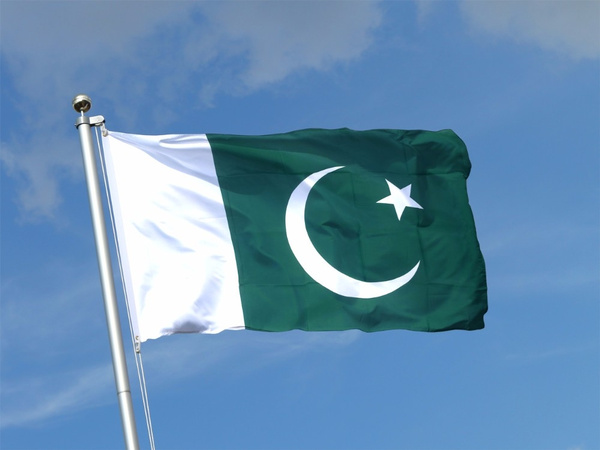
Clash between institutions is old in Pakistan, with one brewing between the Election Commission of Pakistan (ECP) and the Imran Khan led government. The electoral reforms bill is right now the bone of contention.
The ECP has “objections and reservations” about this bill that the Dawn brought to public view. These “concerns and the consequences — including constitutional ones —” arise from the government’s “barrelling ahead with the bill and making it into law.”
Yet, the electoral reforms bill was “bulldozed through the National Assembly by the government.” The bill “dilutes the power of the Election Commission of Pakistan (ECP) while ordering the implementation of half-baked measures like the Electronic Voting Machines (EVMs) and the right of vote to overseas Pakistanis. It is also scarred with reckless amendments like basing delimitation of constituencies on the number of registered voters instead of the population as is the standard. In other words, the bill is a shocking manifestation of the PTI government’s unilateral push to have its way regardless of the consequences for the system as a whole.”
However, on Friday, leader of the opposition in the National Assembly and PML-N president Shehbaz Sharif “fired off a letter to Chief Election Commissioner Sikandar Sultan Raja in which he wrote: “The Election Commission of Pakistan has itself expressed serious concerns regarding the recent election bill bulldozed through the National Assembly in an objectionable manner. Any election-related legislation must be based on broad-based consensus … It is thus responsibility of ECP to hold an inclusive dialogue with all political parties … I urge you to invite all opposition parties for consultation to achieve a consensus-based reform plan, which can then be presented before the parliament for passage, to ensure that future elections are fair, transparent and reflect the genuine will of the electorate.”
Finally, as Fahd Hussain, Islamabad editor of Dawn notes, “But don’t get your hopes too high. The PTI government’s obsession with EVMs and overseas Pakistanis enfranchisement may yet play the spoiler in this endless drama. The ECP’s analysis and opinion does not reject these two amendments in totality but says certain steps have to be taken before these amendments can become feasible. These steps will require debate, and patience and accommodation and, yes, some give and take. Knowing PTI, none of this would be easily digestible. So the chances of a solution emerging from this controversy versus the whole thing going up in flames is, well, fifty-fifty.”
![]()





